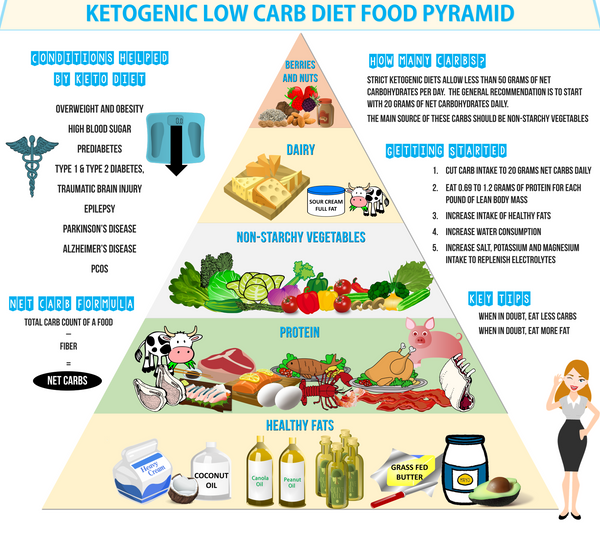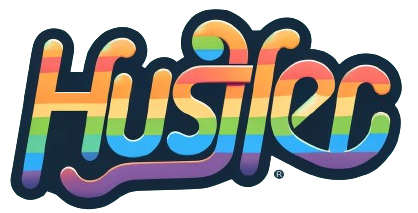The Ketogenic diet offers a range of benefits for a variety of populations, particularly those seeking weight loss and body composition changes.
As discussed in my previous post here, ketosis can help with a myriad of other conditions, including Alzheimer's and sleep apnea in addition to improving mental clarity and dropping cholesterol.
What to Eat on Ketosis
So what exactly do you eat while following the ketogenic diet?
The ketogenic diet requires a complete change of thinking in regards to diet. Whereas the majority of your calories usually come from carbohydrates, following ketosis, they now come from fat.
Instead of seeking carbohydrates for fuel, you seek fat.
The Ketogenic Diet Food Pyramid
While always a shock at first, the below infographic demonstrates this change visually:

The majority of your food consumption must consist of fats such as coconut oil, olive oil, canola oil and butter.
Tips for starting Ketosis
Remember a ketogenic diet requires major changes in food intake. For this reason, you should without exception seek medical advice prior to beginning any changes.
Here are some general tips for starting a Ketogenic diet:
- Cut carbs to 20 grams NET carbs daily
- Eat 0.69 to 1.2 grams of protein for each pound of lean body mass
- Increase healthy fats
- Increase water consumption
- Increase salt, potassium and magnesium intake to replenish electrolytes

![The Ketogenic Diet Food Pyramid [Infographic]](http://www.hustlerfitness.com/cdn/shop/articles/KetogenicDietFoodPyramid.jpg?v=1477962032&width=1100)


